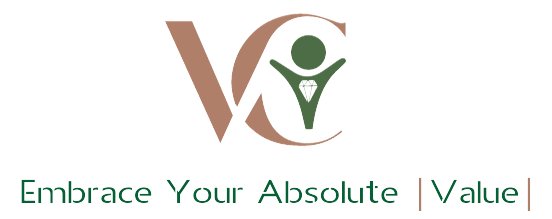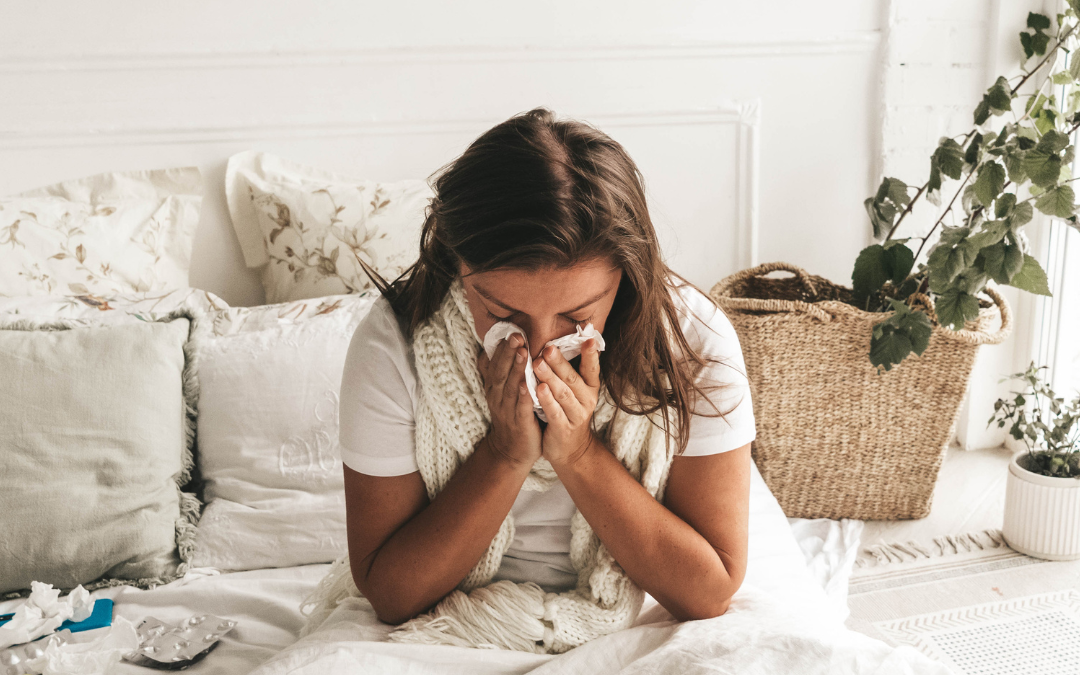Why Emotional Responsibility Is Essential for Healthy Relationships
Because true connection starts with owning our feelings—not offloading them onto others
It’s easy to think that healthy relationships are all about good communication, mutual respect, or shared values. And while all of those matter deeply, there’s something more foundational underneath it all.
Emotional responsibility.
At ValueCore, we work with individuals and couples who are doing their best to love each other well—but still find themselves stuck in conflict, miscommunication, or emotional burnout. And often, the missing piece isn’t more effort—it’s a clearer understanding of who’s responsible for what.
Because here’s the truth: no one else is responsible for regulating your emotions.
That’s your job. And when we each take ownership of our internal world—our triggers, our needs, our reactions—that’s when relationships begin to feel safer, softer, and more connected.
Let’s take a closer look at what emotional responsibility really means, how it shows up in your relationships, and why it’s one of the most powerful shifts you can make—for yourself and for the people you care about.
What is the principle of emotional responsibility?
The principle of emotional responsibility is simple, but not always easy.
It means owning your feelings, rather than blaming others for them.
It means noticing your reactions, rather than expecting your partner to fix them.
It means asking for what you need, instead of resenting someone for not guessing.
In practice, emotional responsibility sounds like:
- “I felt hurt when that happened, and I want to talk about it.”
- “I notice I’m getting defensive right now—let me take a breath before we continue.”
- “I need some space to regulate before I can respond with care.”
What it doesn’t sound like is:
- “You made me feel this way.”
- “If you loved me, you wouldn’t have done that.”
- “You need to change so I can be okay.”
The principle of emotional responsibility asks us to stop outsourcing our emotional regulation—and instead, bring curiosity and ownership to what we’re feeling. It’s not about bottling up or blaming ourselves. It’s about creating a pause.
A space where we can respond instead of react.
What is emotional accountability?
Emotional accountability is closely connected to emotional responsibility—it’s what happens when we not only own our feelings, but also acknowledge how they impact others.
This means being honest about when we’ve acted out of hurt, fear, or anger. It means repairing after rupture. It means saying, “I’m sorry for the way I handled that,” even when our emotions felt valid.
In healthy relationships, emotional accountability looks like:
- Apologizing without justifying harmful behavior
- Taking time to reflect before responding
- Being open to feedback about how your tone, words, or energy affected someone else
- Holding space for both people’s emotional truths
Without emotional accountability, relationships often devolve into blame games. “I was upset, so I yelled.” “You hurt me, so I shut you out.” The problem with this pattern is that it creates emotional instability—and makes love feel unsafe.
With emotional responsibility and accountability, the focus shifts from control to care. You’re not responsible for someone else’s emotions, but you are responsible for how you show up in response to them.
What does it mean to be emotionally liable?
To be emotionally liable means you carry the weight of someone else’s emotional experience—whether intentionally or not. And for many people, this shows up in subtle ways.
You might feel responsible for your partner’s mood.
You might bend over backwards to avoid conflict.
You might take on guilt for things that aren’t actually yours to carry.
This emotional liability often stems from childhood patterns, codependency, or trauma. Somewhere along the way, you may have learned that keeping the peace meant sacrificing your own peace. Or that love required constant emotional caretaking.
But here’s the thing: being empathetic is not the same as being responsible for someone else’s emotional world. And no one—not even someone you love deeply—should hand you the entire weight of their inner life.
Emotional responsibility allows for shared emotional space—not one person carrying the full load. When both people are doing their own work, the relationship becomes a place of mutual care, not silent resentment.
If you often feel emotionally liable for others, it might be time to ask: What am I holding that isn’t actually mine?
What are the symptoms of emotional overload?
When emotional responsibility is lacking—or when you’re constantly absorbing emotions that aren’t yours—it’s easy to slip into emotional overload.
Some signs that you might be there:
- You feel exhausted after social interactions
- You have a hard time separating your emotions from others’
- You feel like you’re “too much” or “too sensitive”
- You get overwhelmed by your own feelings and shut down
- You experience physical symptoms like tension, fatigue, or anxiety
Emotional overload happens when you don’t have space to process your own feelings—because you’re either holding onto others’ emotions, or ignoring your own. And over time, it chips away at your capacity to be present, responsive, and regulated.
Emotional responsibility is the antidote. It helps you ground yourself. It teaches you to notice what’s yours, what’s someone else’s, and how to respond without absorbing or reacting impulsively.
This doesn’t mean detaching or becoming emotionally unavailable. It means becoming emotionally grounded—so that your relationships feel like a choice, not a crisis.
Final Thoughts Emotional Responsibility Is an Act of Love
If you’ve ever felt stuck in a loop of conflict, caretaking, or reactivity, you’re not alone. Most of us weren’t taught how to take emotional responsibility. We were taught how to please, defend, control, or shut down.
But healing begins when we start doing it differently.
Emotional responsibility doesn’t mean silencing yourself. It doesn’t mean shouldering shame. It means learning to sit with your own feelings, name them with honesty, and share them with care.
At ValueCore, we believe this is one of the most important relational skills you can build. Not just for your partner or your family—but for your own peace of mind.
You are allowed to have big feelings.
You are allowed to express your needs.
You are allowed to take up emotional space—without giving up your center.
Relationships thrive when both people take emotional responsibility. When both are willing to pause, reflect, repair, and reconnect.
That’s how safety is built. That’s how trust is repaired. That’s how love deepens.
And if you’re just learning how to do that now? You’re right on time.

